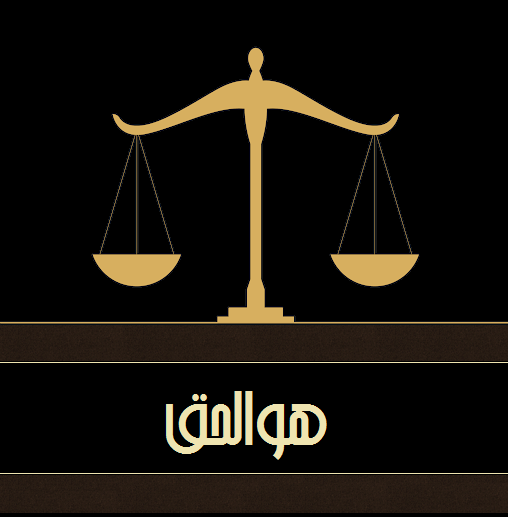متون حقوقی - شماره ۱
The English legal system has two types of law :
a) Common law : the basic principles of law as applied in past cases, (case law) where parliament has not made any special rulings or acts.
b) Statute law : specific laws passed as acts of parliament. Statute law takes priority over common law so far as it covers the case being heard.
The system gives lot of power to judges. They, however, are always bound by the decisions of more important courts than their own.
They most apply the law in the same way and adopt the higher court’s reasoning is their own consideration of the case.
Civil and criminal
There is another two-way division of English law into civil law and criminal law.
These two branches give their names to the two kinds of court :
a) Civil courts and
b) Criminal courts.
The basic difference between civil and criminal law lies in who is seen to be the injured party.
Some offences are felt to be so serious that the offence is seen as being against society as a whole.
These offences are termed criminal offences and include crimes such as arson, murder, theft and rape as well as motoring offences.
The criminal law also includes health and safety at work and other industrially related law.
Cases are tried in the criminal courts, where the accused is prosecuted by the crown and is found guilty or not guilty.
Civlil law covers cases which are seen as being conflicts between two individuals, not involving the public interest or society as a whole.
Civil offences include breach of contract, divorce, trespass, etc.
And (in the industrial field) some of the anti-discrimination law and the employment protection laws.
Cases are tried in civil courts where the defendant is sued by the plaintiff and found liable or not liable.

